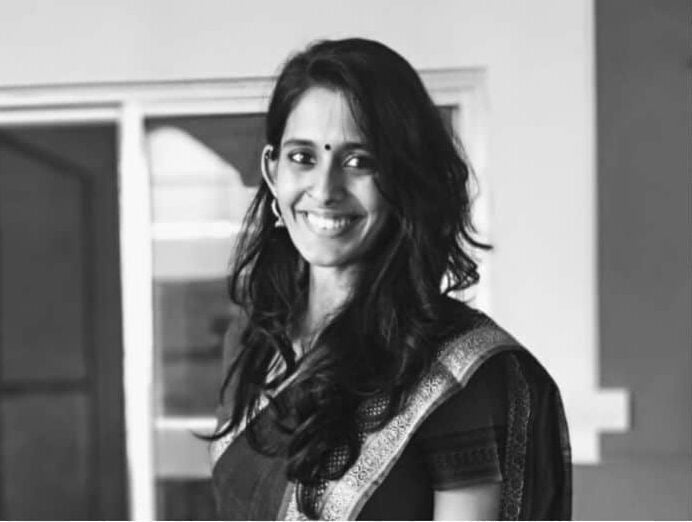ResourcesTherapist
Surbhi Shah (she/her)
 Waitlisting Clients
Waitlisting Clients- Sex positive Yes
- Queer affirmative Yes
- Practiced trauma therapy Yes
- Worked with student survivor-victims Yes
- Worked with male survivor-victims Yes
Phone
9408507357
Types of Therapy
Couples Therapy, Humanistic Therapy, Individual Therapy, Integrative Therapy, Somatic Therapy, Talk Therapy
Cost
₹ 1000 – 1200 (Sliding Scale)
Location
Ahmedabad (online only)
Languages
English, Gujarati, Hindi
Qualifications
MSc. in Counselling Psychology
-
It is the foundational respect and freedom that each individual deserves to explore/experience/navigate their relationship with their bodies in ways that are fulfilling for them. Sexuality then becomes an extension of individual expression, with pleasure and wellbeing of the individual at the centre. Addressing shame and judgements around our own bodies and the compassion that can be offered instead would be one of the primary lens of this work.
-
The core practice of being an ally would be a non-judgemental curiosity. To be an ally is: to have the humility and the willingness to accept the shortcomings of your own heteronormative conditioning and worldview; to be open and curious in a loving way as someone allows you into their inner world; to have honest conversations around how so much of what we know about gender and sexuality are social constructs impacting our understanding of our own reality; and to be deeply nurturing towards the unique challenges that an individual from the community is facing, trusting their lived experience against any theoretical knowledge or value systems.
-
Some significant outcomes would be: re-integration of different versions of oneself, building a compassionate and trusting relationship with oneself and others, coming back to one's body (embodiment) through re-establishing safety within and outside, building nervous system flexibility to increase one's window of tolerance(zone of safety), externalizing shame, guilt, disgust and many other emotional experiences that could be a part of the trauma response, grieving the loss of safety and connection in the first place, and to not be defined by the traumatic experience but rather move towards empowerment and wholeness.
-
It often starts with understanding the client's background and life lens, gradually, through holding a non judgmental and compassionate space. Clients are encouraged to reflect on their emotional experiences as I help them explore different perspectives. While working on insight building, the sessions are also aimed to set appropriate goals through a collaborative effort and focuses on taking small actionable steps outside the therapy session to meet those goals. Tools of body based practices, mindfulness and integrative interventions are used as resources to do experiential work both in the sessions and as homework outside the session.